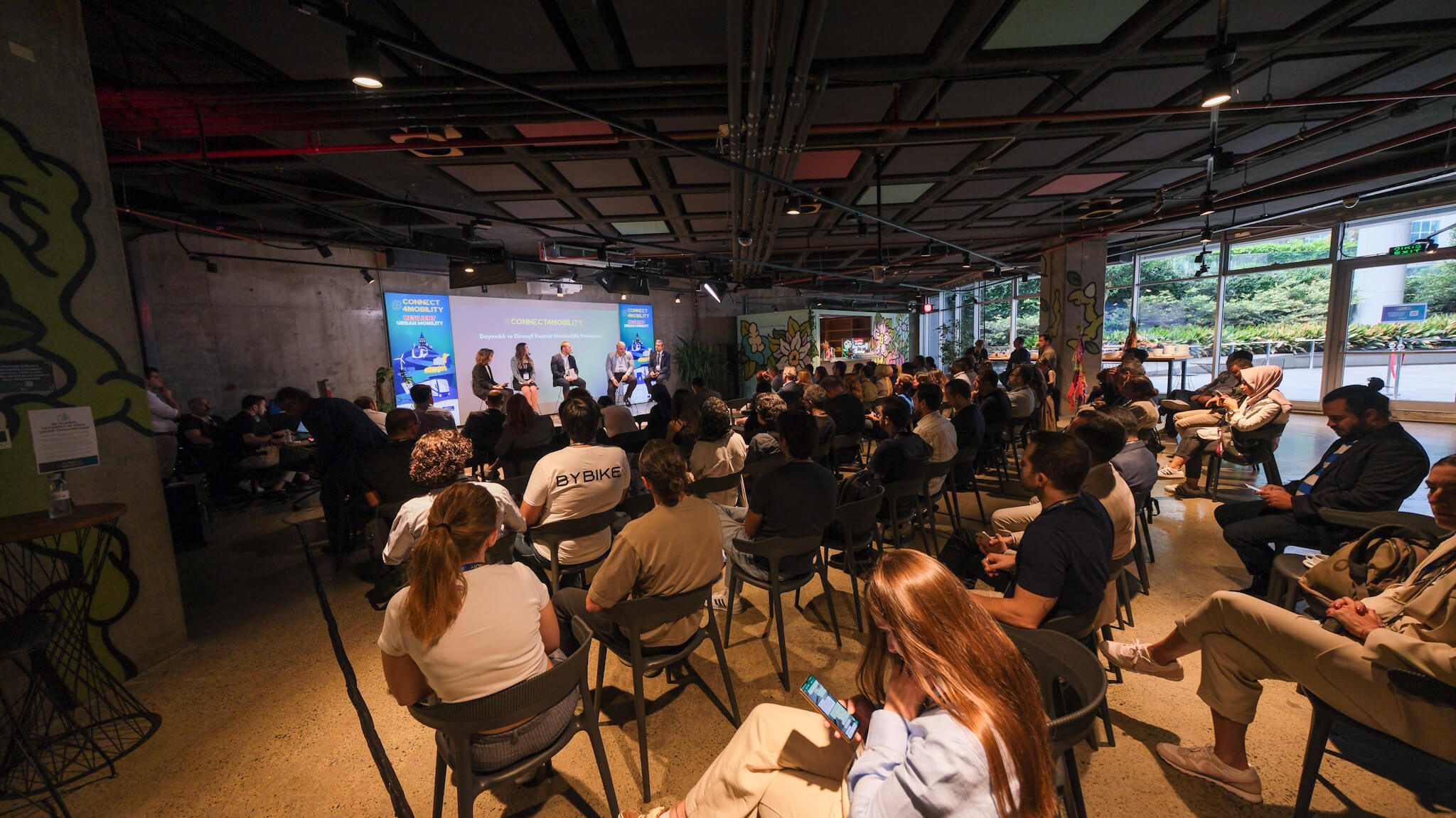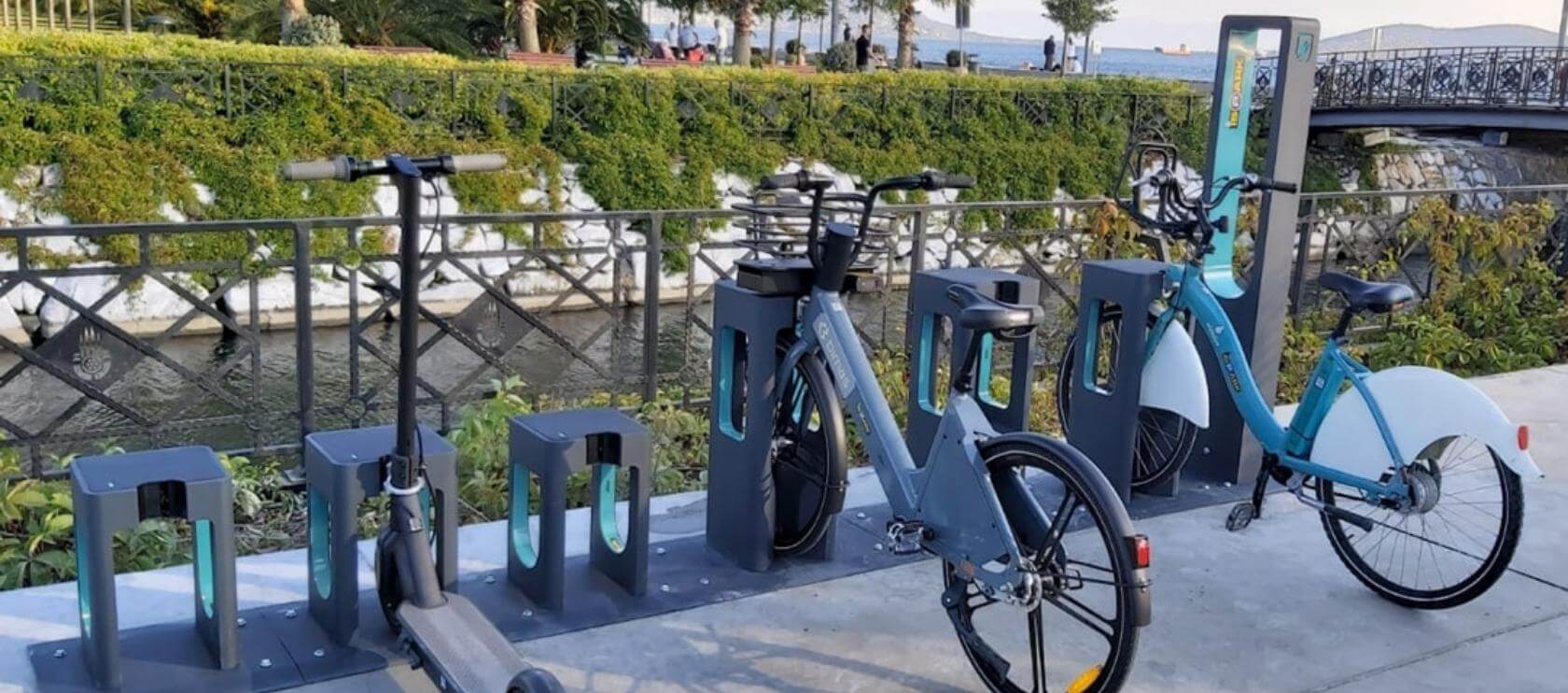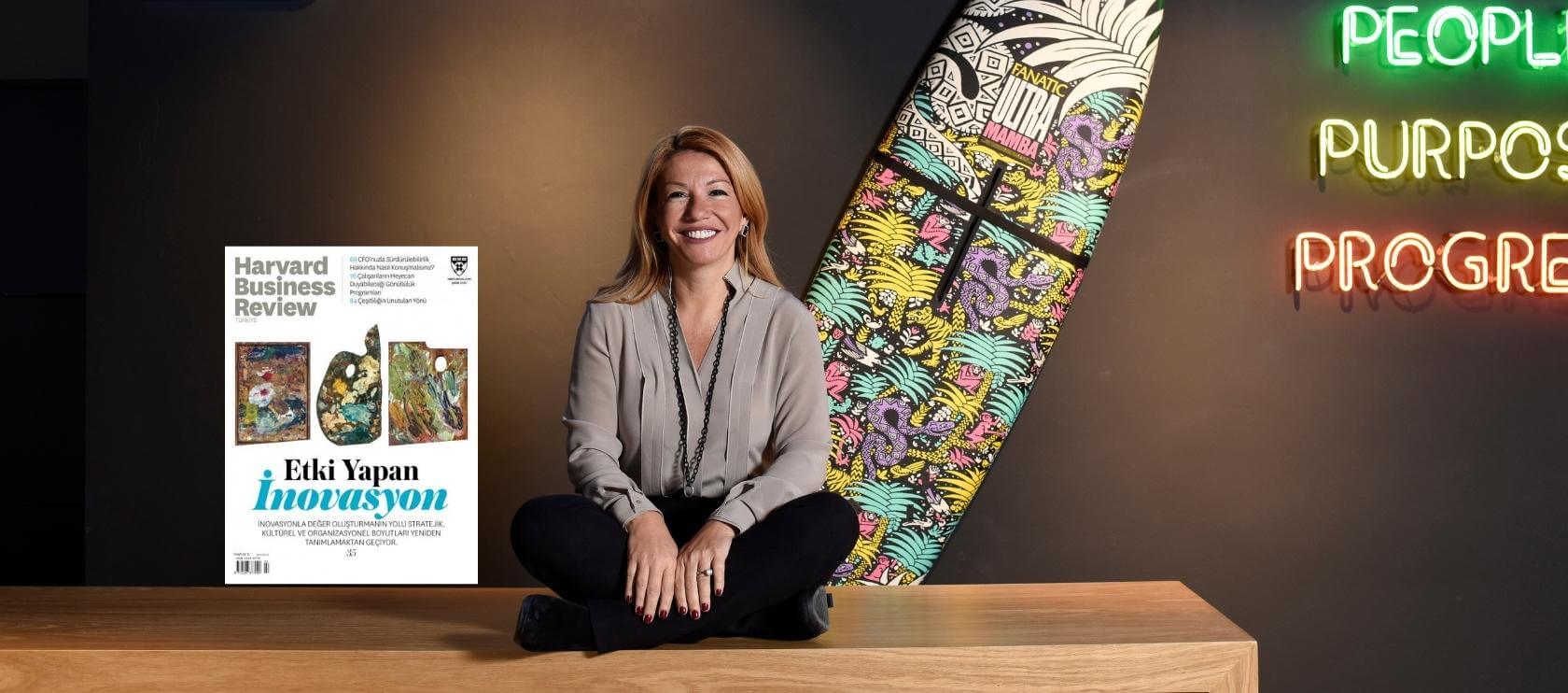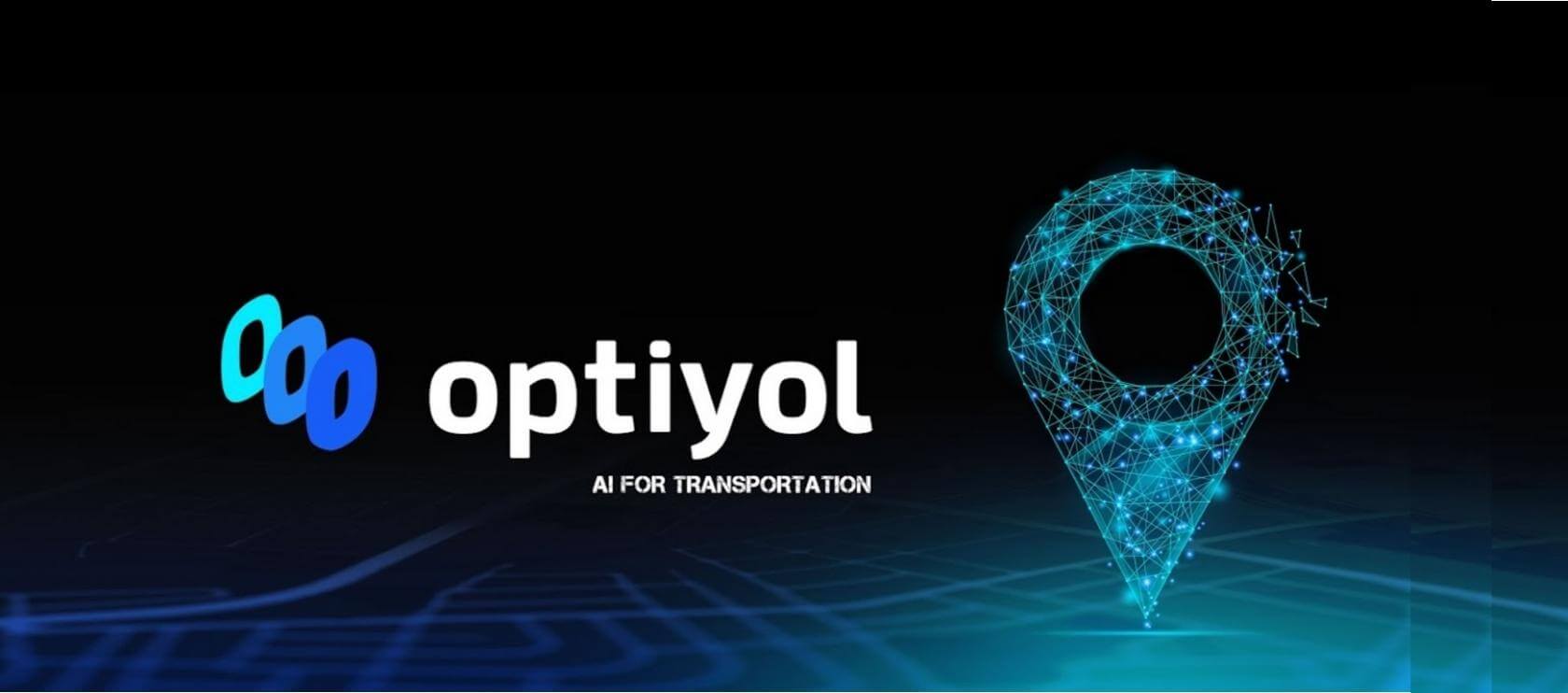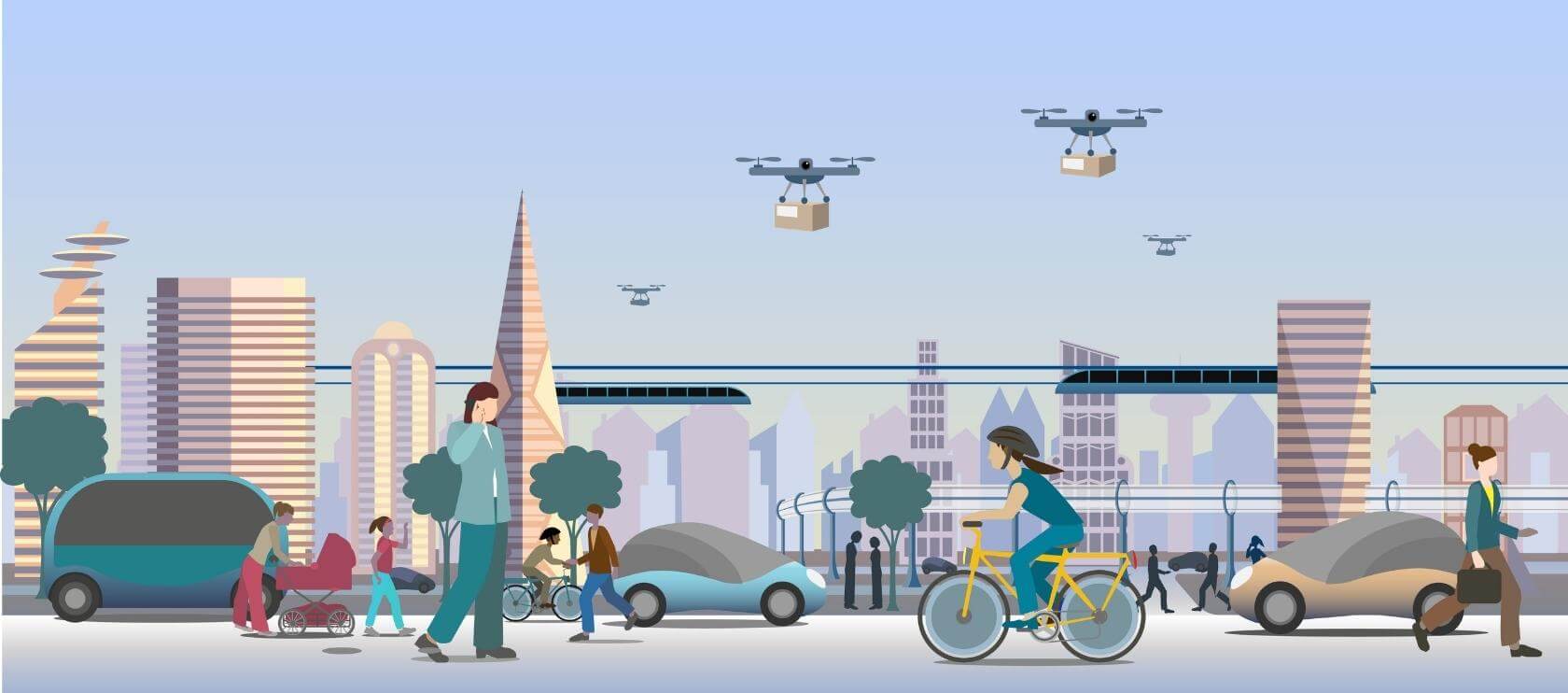ARTICLE
How do we achieve resilient urban mobility?
In the 20th century, the acceleration of industrialization, the increase in the rate of urbanization, and the changes in the natural and physical environment due to human activities have transformed cities into the most risky grounds. In order to overcome the current and future crises, we need to create more resilient cities. We need to reduce physical, social, economic, and ecological risks with sustainable urban development. One of the main components of this fundamental change at the urban scale is transportation. The way to achieve effective results in this change is only possible with planning, technology, and collaboration.
The #Connect4Mobility 2023 event, themed “Resilient Urban Mobility”, brought together municipalities, private companies, investors, entrepreneurs, and academics working on urban mobility. Organized by EIT Urban Mobility RIS Hub Turkey on September 12, this special ecosystem gathering was realized with the support of the European Institute of Innovation and Technology (EIT), coordinated by Farplas & Fark Labs, in partnership with Sabancı University and PwC Turkey.
The event started with the opening speech of Ahu Serter, the founder of Fark Labs. Ahu Serter started with what Fark Labs has been doing since last year and its plans for the near future. She reminded the audience that the most crucial agenda of this year is to scale up the success stories of Turkey’s urban mobility startups on a global scale. She also announced that Fark Labs Michigan will open in January 2024. She emphasized that they will help startups that have proven themselves in Turkey to expand to Europe and the US. She also unfolded the future establishment of a $50 million venture capital fund in the US.
Keynote Interview: Resilience in Mobility
In the first keynote interview of the event, Ömer Hantal, CIO of Fark Labs, asked Prof. Haluk Gerçek about resilience in mobility. The key principles that will shape the future of urban mobility were reviewed. Resilient urban mobility is crucial not only for disaster readiness but also for systems to continue their operations under normal conditions, Mr. Gerçek pointed out. He reminded us that our greatest strength will be cooperation in measures to be developed against disasters and crises.
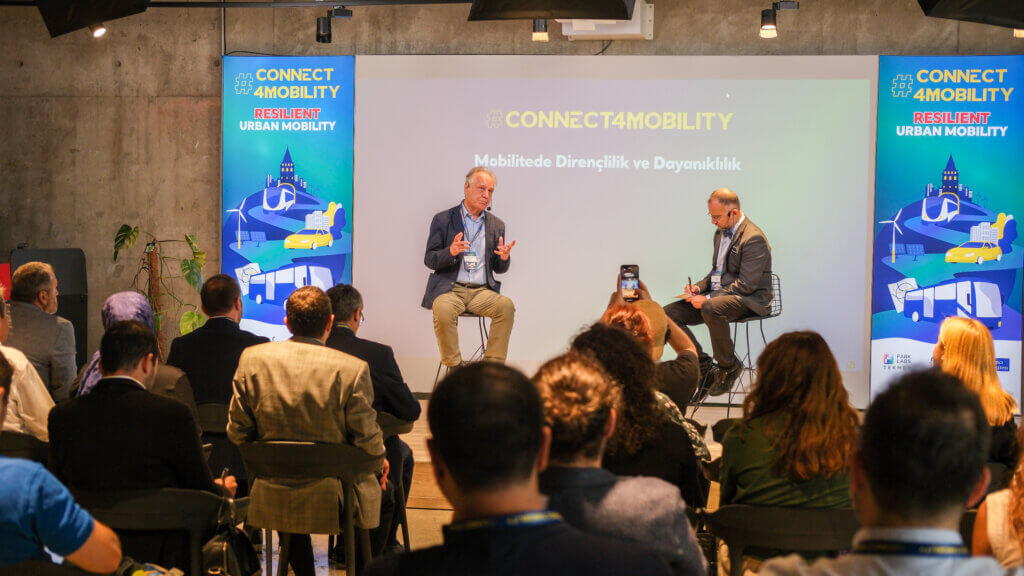
Resilient Urban Mobility Planning
Moderated by Görsev Argın, Training and Projects Manager of Marmara Municipalities Union, the first panel of #Connect4Mobility 2023 event focused on resilient urban mobility planning at the local scale. In this session, Cüneyt Çetintaş, Transportation Planning Branch Manager of Kocaeli Metropolitan Municipality, reminded us that natural disasters are the biggest survival problem for our cities, and preparing our cities for possible disasters is our biggest obligation. In this direction, he stated that they are carrying out the “Resilient City Kocaeli” project as well as the Sustainable Urban Transportation Plan.
Hasan Görgülü, Head of the Transportation Department of Konya Metropolitan Municipality, unveiled the challenges they face in cycling and the solutions they have produced for these challenges. He said that they implemented Turkey’s first Bicycle Master Plan in 2020, the bicycle road network in Konya has exceeded 600 kilometers, they are working on the bicycle roads that need to be completed in the inner peripheries of the city, and they have completed the bicycle tram project, considered a first in the world. He also noted that they pay attention to being user-oriented in all projects.
Murat Suyabatmaz, President of the Association of Cyclists, reminded that they have requested and provided guidance to change 15 laws and regulations in Turkey, but they have experienced some difficulties in implementing them. He pointed out that bicycle infrastructure and culture should develop together as in developed countries. He said that we also need campaigns that explain that the development of bicycle culture is a necessity to achieve goals such as healthy living, clean energy, and sustainable cities. In his speech, he also told the audience that cycling can be much easier and more efficient in times of crisis, as in Japan.
Duygu Karabay Doğan, Data Analysis Chief of Gaziantep Metropolitan Municipality, said that Gaziantep city center received migration because it was less damaged than other cities hit by the earthquake, but this could not be measured and traffic could not be managed accordingly. She emphasized the importance of measurement methods in the city development process. She also reminded us that the extent to which we secure our data for resilient and durable cities is also an important issue, noting that if the municipality building collapsed in an earthquake, they would lose nearly 80 percent of their data. She also noted the importance of planning in advance to better manage traffic and ensure transportation in the aftermath of a crisis, implying that public transport fleets should be composed of vehicles using various types of energy so that transportation can be maintained to a certain extent even in times of crisis. She concluded her remarks by reminding us that we need to be prepared for everything at any time with the available technologies.
Resilient and Sustainable Urban Mobility Technologies
In the second session moderated by Dr. Burcu Girginer from Fark Labs, “Durable and Sustainable Urban Mobility Technologies” were discussed. Dinçer Logistics Startup Committee Member Özlem Hocaoğlu Dinçer, Parabol Marketing Director Tuğçe Işık, Kadıköy Municipality Urban Planner Mert Yaman, and Mobiqu CEO Selçuk Koçhan were among the speakers of the session.
Tuğçe Işık listed what can be done before and after a disaster with a data-based approach in the field of urban mobility. She emphasized that data-based analysis and modeling studies should be carried out according to different disaster scenarios before the disaster. He stated that different technologies come into play in determining the situation after the disaster and that the analyses are shared with the official institutions that provide disaster coordination. He pointed out that decision support structures and scenario-based studies developed in partnership with the public-private sector are of critical importance, and that the unique characteristics of cities should be taken into account.
Selçuk Koçhan defined the concepts of resilience and sustainability as two key elements of overcoming the multiple crises we face today. He explained how they contribute to the cold transportation chain of biomedical products with the technology they produce as MobiQu. He reminded us that prohibitive regulations can only be overcome through public-private sector cooperation.
Özlem Hocaoğlu Dinçer emphasized the importance of collaboration before and after disasters. She emphasized that action plans and disaster logistics should be planned together with non-governmental organizations, public institutions, and private initiatives working in this field. She stated that they host initiatives working in the logistics vertical in the initiative committee established by Dinçer Lojistik, support startups, and produce new projects with them.
Mert Yaman said that they are working on data systems in Kadıköy, one of the districts with the highest urban mobility, where they receive support from citizens. He said that they are also carrying out projects so that the data that cannot be collected due to lack of cooperation can be collected by the local administration and made available to other stakeholders. He invited all organizations working in the field of urban mobility to cooperate with Kadıköy Municipality.
Keynote Interview: Logistics Before and After the Crisis
Actor and Needs Map Co-Founder Mert Fırat answered Ahu Serter’s questions in the second keynote interview titled “Logistics Before and After the Crisis”. Unveiling his own entrepreneurship story, Mert Fırat said that his entrepreneurial approach is nourished by the culture of cooperation and the desire to be a partner in the troubles and dreams of others. He explained that after establishing a production company and realizing more than 20 films, he took part in the establishment of different structures such as Moda Sahnesi, Sanat Mahal, DasDas, Mobilet, and IDEMA. He talked about his experiences in the fields of social entrepreneurship and cooperatives and said that he worked with the spirit of “start-up” in his 20s and with the spirit of “follow-up” in his 30s. He pointed out that these activities excited him as much as being on stage. He told the story of Needs Map, which today has become Turkey’s sharing point, and how they overcame the crisis of trust that civil society was going through when Needs Map was founded. In his closing remarks, he reminded us that disasters will increase by 800 percent between 2000 and 2020, that we are now in a “world of disasters”, and that crisis desks are a necessity that we need at every moment.
Resilient Electric Vehicle and Charging Infrastructure Planning
The last session on electric vehicles titled “Resilient Electric Vehicle and Charging Infrastructure Planning” was moderated by Haluk Akçalı, CEO of Fark Labs. Among the speakers of the panel were Barış Işıksaçar, Ford Otosan Ford Pro Vehicles Manager, Burçin Açan, Deputy General Manager of Smart Systems at Zorlu Energy, Şişecam Board Member Prof. Dr. Şener Oktik, TEHAD Founder Berkan Bayram and E-Şarj Founder Cem Bahar.
Berkan Bayram shared general information about the electric and hybrid vehicle market. He stated that the market will grow exponentially until 2025, that more than 17 thousand electric cars were sold in Turkey in the first seven months of this year alone, that at least 35 thousand units will be sold by the end of the year, and that this number will reach 60 thousand next year. He pointed out that the biggest obstacle to the widespread use of electric cars in Turkey is the cost of the vehicles, and that these cars are subject to VAT, SCT, and MTV in Turkey.
Cem Bahar reminded us that the regulation in the field of e-charging came to the agenda two years ago and that there were only a few players in the sector before the regulation. He said that after the regulation, the number of licensed companies working in this field increased to 140. He emphasized that in addition to electricity infrastructure, software, hardware, and autonomous infrastructures should also be discussed separately. Stating that the sector needs an open data platform and that the Ministry of Industry and Technology has started work on this platform, Bahar pointed out that a national action plan is a priority.
Burçin Açan said that Zorlu has made the second-largest investment in this area and that they have recently connected the Izmir-Istanbul-Ankara triangle through DC stations. He pointed out that Zorlu bears the responsibility of becoming the driving force of the sector, and that while investing in infrastructure, they primarily invest in software. Noting that Zorlu provides charging services in 2,000 different locations, Açan pointed out that the new regulation in this field has created both challenges and opportunities.
Highlighting Ford’s pioneering role in light commercial vehicles, Barış Işıksaçar reminded that Ford sold 6 times more vehicles in the first eight months of 2023 compared to the same period of the previous year, while its market share increased from 9 per thousand to 4 percent. He stated that this trend will continue in commercial vehicles as well as passenger cars, and that field research confirms this. However, he said that cost, charging station, and driving range affect consumers’ purchasing decisions. He stated that Ford continues its R&D efforts to extend the economic life of vehicles and invests in sustainable technologies.
Sharing Şişecam’s vision for electric vehicles, Prof. Dr. Şener Oktik highlighted the driving range problem of electric vehicles can be overcome by improving vehicle batteries. He noted that Şişecam’s R&D efforts include photovoltaic systems to be integrated into vehicles. He reminded us that Turkey is still investing in existing technologies and that new-generation technologies should also be emphasized. He also said that the impact of electric vehicles on climate change should also be discussed. Additionally, he underlined that local electricity generation can be integrated into mobility systems to increase energy security and ensure that the systems can function in the event of a crisis or an increase in demand.
The 2023 edition of #Connect4Mobility ended with two keynote interviews and three panels followed by a networking meeting. Thank you everyone who attended the event. See you next year!
Related News
ARTICLE
From a corporate venture to a successful startup: DUCKT’s inspiring story
INTERVIEW
Harvard Business Review – Our strategy: Dual Transformation
NEWS
Fark Labs, Born2Global & Sejong Technopark signed an MOU to support startups foray into Europe and Turkey
NEWS
OPTIYOL receives a new investment of 810 thousand dollars
REPORT
